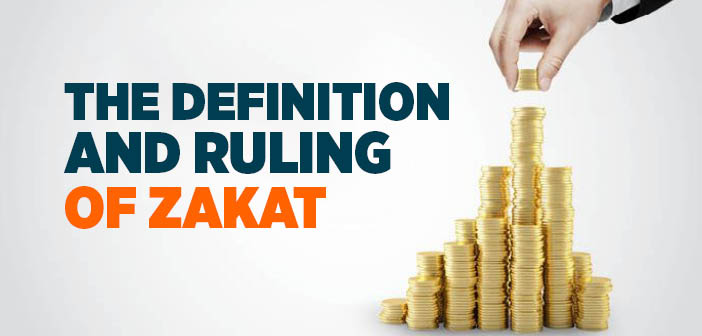What is the definition of zakat? What are the rules of zakat?
Lexically the word zakat means cleanliness, purification, and blessings. Zakat (almsgiving) in legal terminology means, “The obligatory payments made by the Muslims, who are considered rich from the viewpoint of religion, a portion of their wealth to the specific recipients defined by religion for the sake of Allah.”
Zakat, which is one of the five fundamental principles of Islam, was declared obligatory upon the believers during the month of Shawwal in the second year of our Prophet’s (pbuh) migration to Medina.
Allah the Almighty has ordered the payment of zakat in several verses of the Qur’an.
“And be steadfast in prayer; practice regular charity…”[1]
“…and We sent them inspiration to do good deeds, to establish regular prayers, and to practice regular charity…”[2]
“Alms are for the poor and the needy, and those employed to administer the (funds); for those whose hearts have been (recently) reconciled (to Truth); for those in bondage and in debt; in the cause of Allah; and for the wayfarer: (thus is it) ordained by Allah, and Allah is full of knowledge and wisdom.”[3]
Allah is the One who creates wealth and fortune that people earn through working and He is the One who bestows wealth upon human beings so that they can use it in the service of society. The responsibility upon the people is to spend in accordance with Allah’s orders the wealth that He has bestowed upon them, in return for their work, and to make use of this wealth in the best way possible. One of these ways is zakat. Since Allah, the Almighty has ordered the payment of zakat; it becomes the responsibility of the believers to carry out this duty.
[1] Al-Baqara, 2: 43, 110; al-Nisa, 4: 77; al-Nur, 24: 65.
[2] Al-Anbiya, 21: 73.
[3] Al-Tawba, 9: 60.
Source: Fiqh1 (According To The Shafi’i School Of Islamic Law), Erkam Publications





